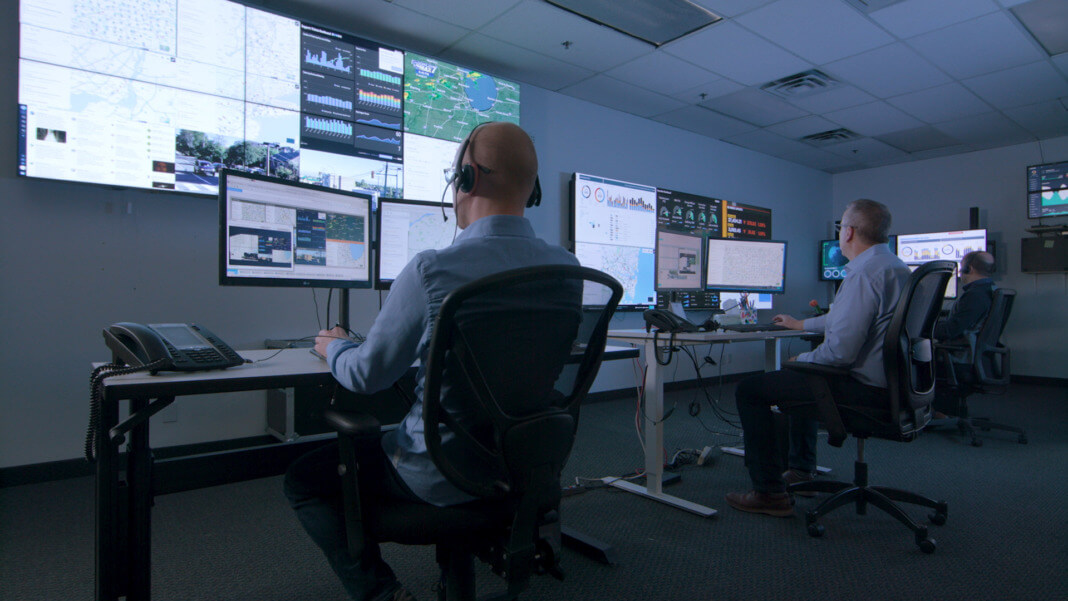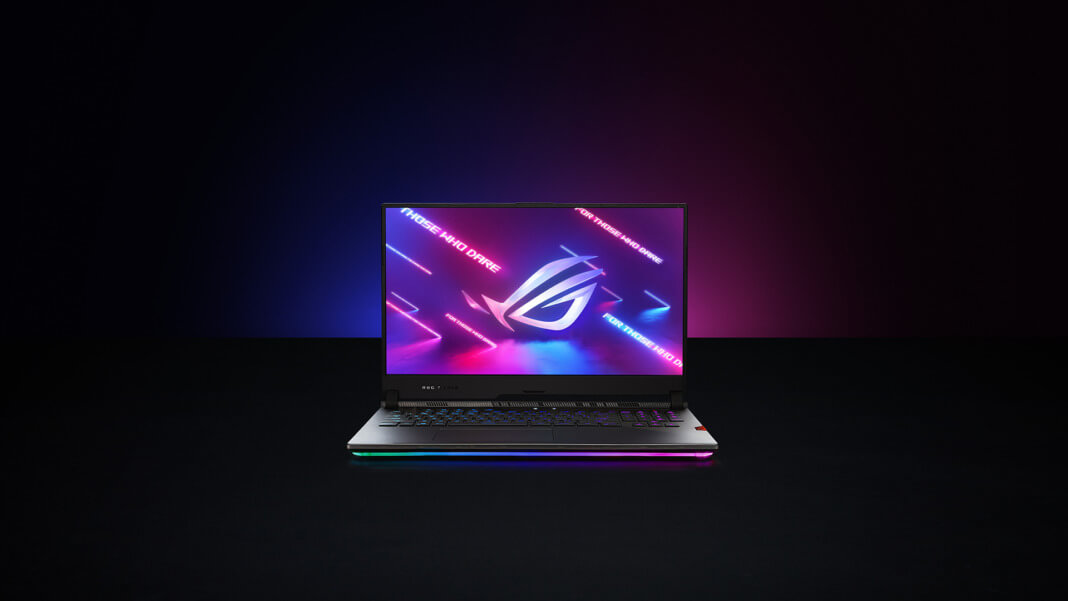LG Business Solutions Singapore and Canadian software company Userful are introducing an end-to-end, software-defined AV-over-IP solution that combines Userful’s Visual Networking Platform and LG’s webOS Signage platform to optimize display networks for control rooms, digital signage networks, corporate signage and video walls. This announcement is the latest in LG’s continued efforts to build strong relationships within its partner ecosystem to deliver next generation solutions for the customer.
As a result of the Userful-LG collaboration, digitally-integrated enterprises in key markets around the world including Singapore, can now deploy IT-managed services from virtually any source to webOS displays with advanced streaming capabilities, flexibility in deployment and NIST-caliber security. Whether it’s providing immediate video and data through real-time streaming protocols (RTSP) for control rooms or managing 8K content across hundreds of displays, integrators and end-users can expect to enjoy a powerful, streamlined display network management experience with the Userful platform and LG displays.
“With the acceleration of new services and digital transformation in Singapore, businesses will need a centralized platform to manage visual services by incorporating data, IoT and AI, said Jackie Jeong, B2B Information Display Product Director at LG Electronics Singapore.
“Our partnership with Userful saw the development of a digital display network management platform that simplifies and empowers LG installations to offer security, content delivery speed, and flexibility in content delivery and display deployment. “This helps to position LG at the forefront to support integrators and enterprise businesses to tap on the significant growth potential of AV-over-IP software in the next five years,” he said.
Jeong added, “Userful’s one-of-a-kind software-defined platform integrates all of these and delivers the information through private or public cloud servers to webOS signage display optimized for the network, delivering reliable AV services within an organization.”
The companies jointly recognized the growth potential of AV-over-IP in 2019 and began developing a custom, lightweight software solution that runs on top of LG’s webOS Signage platform for flat-panel and direct-view LED displays, focusing on simplicity, reliability, flexibility and security. According to Userful, the resulting platform is expected to deliver significant hardware and energy cost savings while helping to reduce carbon footprints.
The potential market growth is enormous, with applications ranging from mission critical displays and enterprise-wide digital signage networks to corporate lobby video walls and large conference room displays. In fact, according to Maia Research, the AV-over-IP market is poised to grow from USD$3 billion today to USD$51 billion in 2027, with 85 percent of growth expected in the corporate, government and education sectors, positioning the LG-Userful solution to meet the demand for display network improvements and enhanced capabilities.
Userful CEO John Marshall praised the hard work of both companies and noted that other display manufacturers have been unable to match LG’s level of software integration, making this alliance even more valuable and unique.
“The industry underestimates the difficulty of optimizing traditional AV products for an IT environment, especially with network distribution challenges and demanding enterprise applications,” Marshall said. “The AV industry has historically worked with NAB codecs and AV standards, focusing on the highest-quality AV over cabled HDMI technology – the addition of multi-protocol-driven networks is an entirely new challenge. That LG was able to integrate such IT protocols into its core firmware, at the very heart of its media pipeline, is beyond impressive. Simply put, this solution simplifies the job of IT and can reduce installation and maintenance complexity.”
In addition to LG, Userful worked with other display manufacturers “who proceeded to fail at such sophisticated integration of IT standards in their firmware,” Marshall said. “Such developments highlighted the difference between low-cost display manufacturers and modernized IT-ready displays that suit the needs of the modern enterprise. We’re proud to work together to lead the way forward for the industry and deliver new solutions to improve enterprise business operations.”





